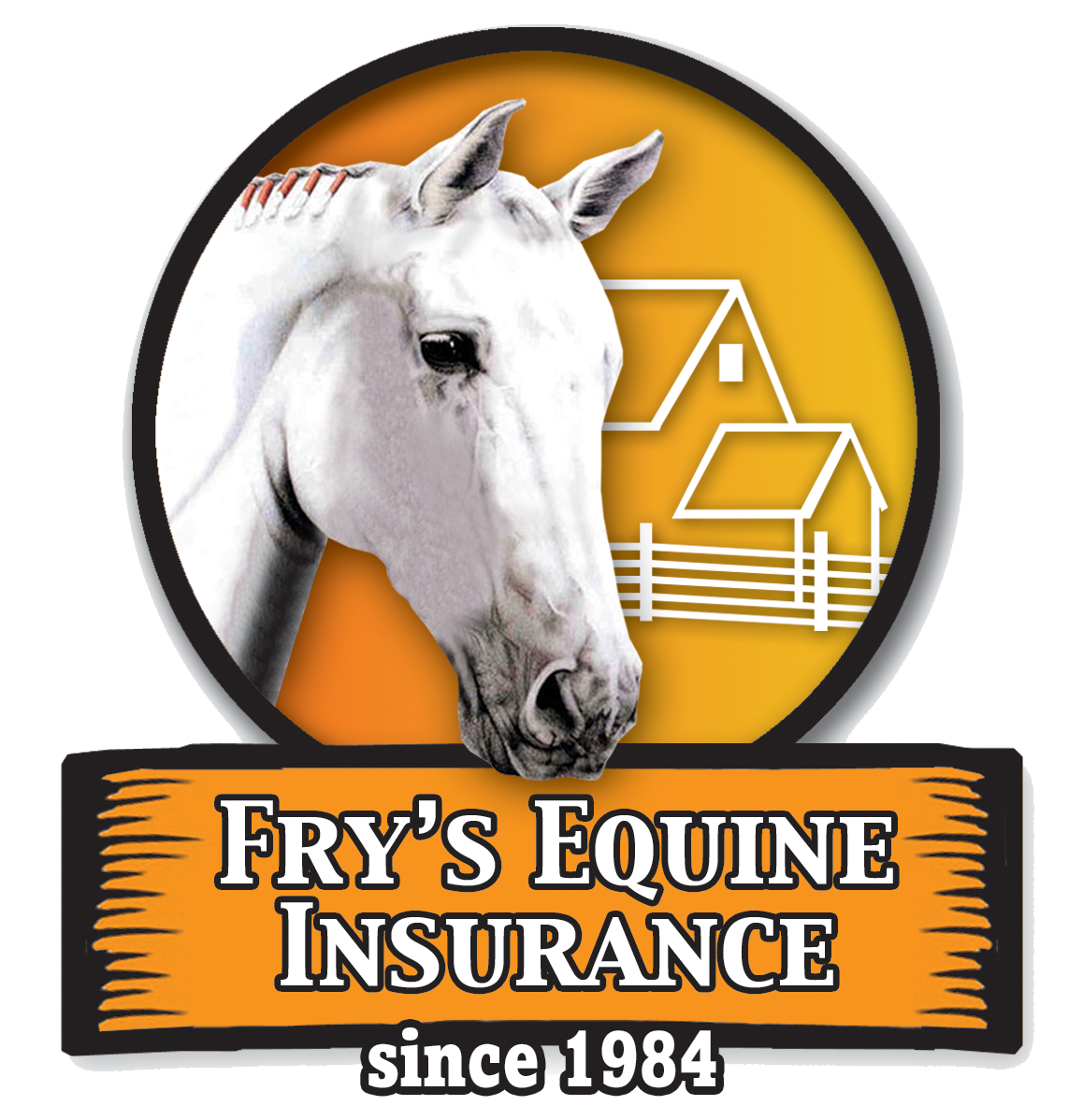There is no word the strikes fear into a horse owners heart faster than “colic.” Colic is a general term that is used to describe any kind of abdominal pain that a horse experiences. This can range from mild to very serious, sometimes even deadly. Knowing the signs of colic could save you and your horse from disaster.
The first thing you should do when you notice the signs of colic is call your vet immediately. Even if you think it may be a mild colic it is always better to be safe rather than sorry. It’s also important to know the times colic is most likely to happen. Though colic can happen at any time of the year, in the spring when new grass is growing tends to be a high threshold for colic.
Signs to look for when you suspect your horse may be experiencing colic are as follows:
Pawing at the ground. Signs of agitation from your horse when there appears to be no outside cause is a sign that something is going on down deeper.
Kicking or Biting at Belly. If a horse is experiencing belly pain he may kick or bite at the source to try to relieve some of the pain. Noticing a lot of this behavior may be a sign your horse has some belly pain.
Laying down repeatedly. While laying down by itself isn’t cause for alarm, if you notice your horse getting up and laying down repeatedly over a short period of time you may want to think about calling the vet.
Rolling. Just as with laying down, rolling by itself is not a problem. Horses love a good roll every now and again. However if you notice your horse is rolling a lot more than normal or he appears to be in distress while trying to roll there may be a problem.
Sweating. If you see your horse standing in his stall or in the field and you notice an abnormal amount of sweat on him that may be something you want to investigate further. Especially if your horse has not done a lot of work that day to cause the sweat.
Bulking out. When a horse bulks out it almost appears as if your horse needs to urinate but nothing happens. Seeing a lot of this behavior could be a sign something is wrong.
While all of these signs may not indicate a problem by themselves, seeing a combination of these signs is a good indication that your horse may be colicking. It is important that once you recognize the signs and believe that your horse is colicking you prepare for the vet to get there. Pull your horse’s food and water. If your horse has a block in his intestines you don’t want him taking in anything else that may add to it. If your horse will allow, hand walk him until the vet gets there. Light exercise may help your horse take his mind off the pain until the vet can come and look at him.
Colic is a very serious condition. Sometimes it can even result in surgery which is usually expensive. Having insurance on your horse with a medical plan that covers colic surgery is a good idea.
Give us a call at 614-875-3755 to discuss insurance for your horse. You can also send us an email at info@FrysEquineInsurance.com with the breed, use, age, and value of your horse (and the state you live in) for a free, no hassle quote.
Article written by Kayla Stephens
